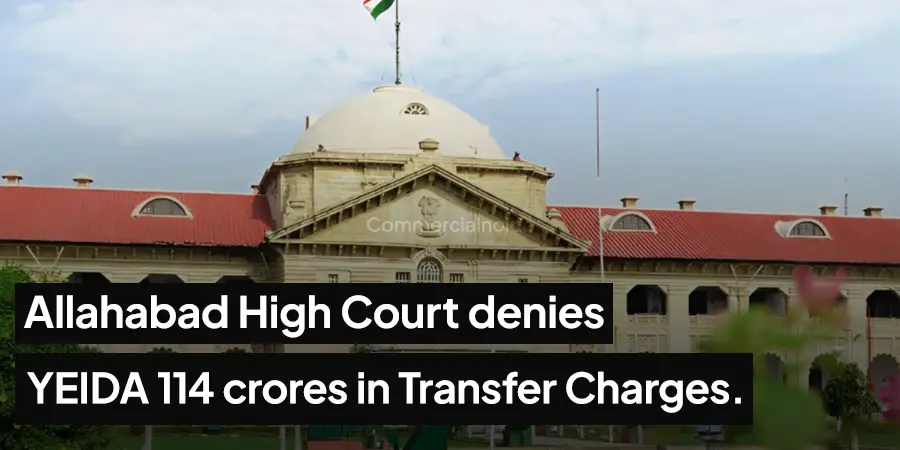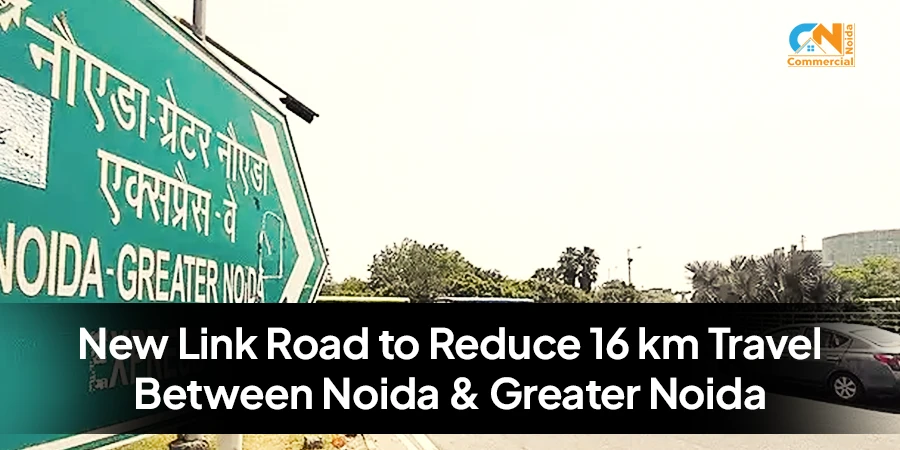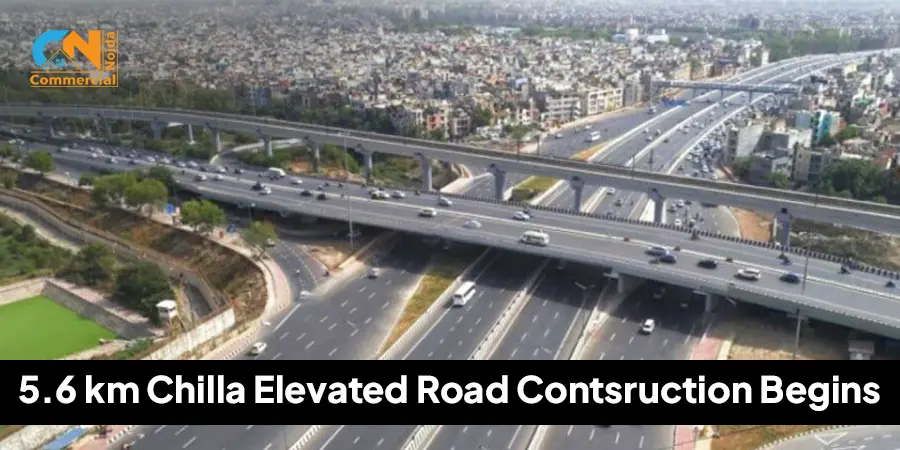
The Allahabad High Court has rejected the Rs.114 crore demand by Yamuna Expressway Industrial Development Authority (YEIDA) as transfer charges from Gaursons Mega Projects Pvt. Limited. The court ruled that even though YEIDA can make policies, it cannot impose such a fee without prior approval from the Uttar Pradesh state government.
The ruling is groundbreaking and may influence several other similar cases involving sub-leases and land transfers where such fees were demanded without government-approved regulations.
Background
The case is about a 71,627 sq. meter plot in Noida Sector 129 which is a part of the Jaypee Greens Wishtown. The YEIDA Authority (formerly Taj Expressway Authority) had leased the plot to Jaypee Infratech Ltd. in 2003. Then the plot was sub- leased by Jaypee to Jaiprakash Associates Ltd.(JAL). JAL then again sub-leased it to Gaursons Mega Projects Pvt. Limited.
The Rs. 114 Crore Transfer Fee
When Gaursons company was completing the mandatory registration process and tried to obtain a No Objection Certificate (NOC), YEIDA demanded 10% transfer fee on the land value based on a 2017 office memorandum. This amountd to Rs.114 crores as transfer charges to be paid by the Gaursons company.
The 2017 memorandum states that a 10% transfer fee is chargeable on the land value for builder townships and group housing projects covering 25 to 250 acres.
The Gaursons company contested this charge and argued that the original agreement allowed subleasing without any extra financial burden. According to their stand, YEIDA lacked the legal backing to impose new financial burden without approval from the state.
Allahabad High Court’s Decision
Justice Anjani Kumar Mishra and Justice Kshitij Shailendra ruled in favour of Gaursons Mega Project Pvt. Limited. while YEIDA has the power under Section 19 of the UP Industrial Area Development Act, 1976 to formulate regulations, such regulations are not valid unless approved by the state government. Since the 2017 memorandum was not backed by a state-sanctioned regulatory framework, the court ruled that the Rs.114 crore demand can’t be enforced.
This decision reinforces the legal requirement that all fee-imposing policies must go through proper legislative or governmental procedures before being enforced.




